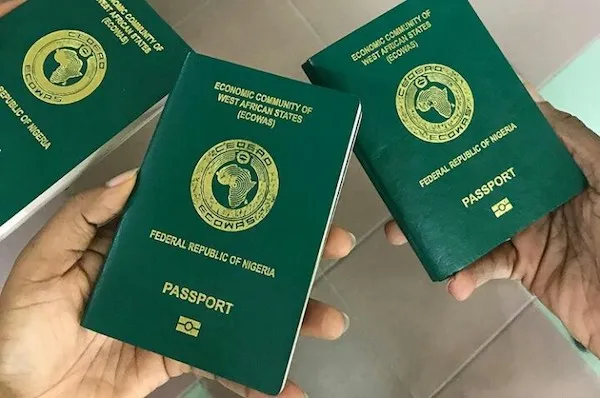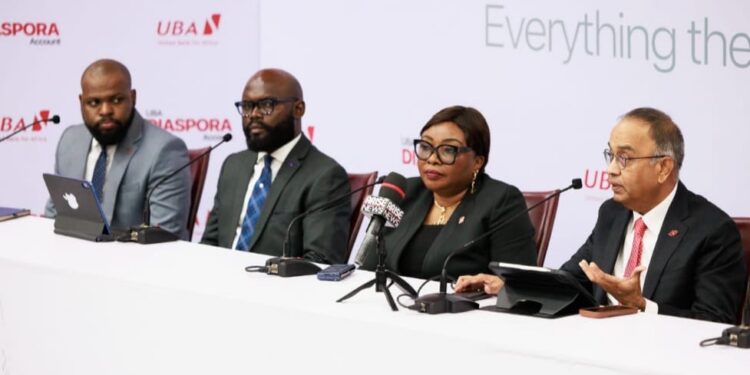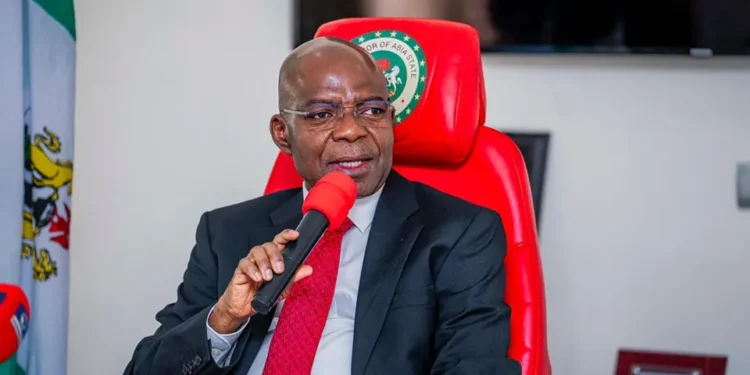Nigeria raises passport fees to N100,000 and N200,000. Find out why, the public reaction, and what it means for citizens at home and abroad.
Shockwaves hit Nigerians as the Federal Government announces a massive hike in passport application fees—raising the cost to as high as N100,000 and N200,000. For millions of citizens at home and abroad, this development has sparked heated debates, questions, and concerns about affordability, accessibility, and the government’s justification for the increase.
But beyond the outrage, what exactly does this fee adjustment mean? Why was it implemented, and how will it affect Nigerians seeking new passports or renewals? Let’s break it down.
What Changed in the New Nigerian Passport Fees?
According to the new directive, the Nigerian Immigration Service (NIS) has revised the cost of obtaining a standard 32-page passport to N100,000 for, five-year validity passport. In contrast, the 64-page passport—often preferred by frequent travellers—now costs N200,000 for, 10-year validity passport.
Previously, passport fees ranged between N25,000 and N45,000, depending on the booklet size and applicant’s location (local or diaspora). This new adjustment represents more than a 100% increase, making Nigerian passports among the most expensive in Africa.
When does this take effect?
What does this mean for Nigerians Abroad
The Nigeria Immigration Service said in a statement issued by its Public Relations Officer, ACI AS Akinlabi, on Thursday that additional costs will apply to applications lodged in Nigeria starting on September 1, 2025. The NIS, on the other hand, noted that Nigerians living abroad will still have to pay $150 for the 32-page, five-year passport and $230 for the 64-page, ten-year passport.
Why Did the Government Hike Passport Fees?
The Ministry of Interior explained that the move was part of a broader strategy to address several challenges:
- Rising production costs: With the naira’s depreciation and inflation, printing biometric passports has become more expensive.
- Curbing racketeering: Higher fees, the government argues, will reduce the exploitation of applicants by middlemen.
- Modernisation efforts: Authorities insist that the hike will fund better technology, reduce delays, and make passport issuance more efficient.
Despite these justifications, many Nigerians feel the increase is unreasonable, especially given the country’s economic hardship and high cost of living.
How Does This Affect Nigerians at Home and Abroad?
For Nigerians living in the country, this hike adds to the growing burden of basic expenses. Many families rely on passports for opportunities abroad—whether for education, business, or migration. With the new fees, these aspirations now come at a steeper price.
For the Nigerian diaspora, particularly students and workers, the hike could be even more difficult to navigate, since they already deal with currency exchange issues when paying for consular services outside Nigeria.
How Does Nigeria Compare With Other Countries?
To put things in perspective, here’s how Nigerian passport fees now stack up against other nations:
- Ghana: Around N20,000 (equivalent) for a standard passport.
- Kenya: Approximately N25,000.
- UK: About N60,000 for a standard adult passport.
- USA: Roughly N50,000 (converted) for a standard passport.
This comparison has fuelled public criticism, as Nigeria’s fees are now significantly higher than both regional neighbours and some developed nations.
What Options Do Nigerians Have?
For many, the key question is: “What now?”
- Plan ahead – With costs doubled, applicants must budget earlier and avoid last-minute applications.
- Consider booklet type wisely – If you travel infrequently, the 32-page passport may suffice. Frequent travellers might need the 64-page, despite the cost.
- Watch for policy adjustments – Public pressure may push the government to reconsider or offer subsidies for students, low-income earners, or first-time applicants.
Public Reaction: Mixed but Heated
Unsurprisingly, social media has exploded with reactions. While some Nigerians argue that the hike could improve efficiency and reduce corruption, the majority see it as a government decision that neglects the realities of its citizens.
Related Topics:
- NNPC Limited Reduces Petrol Pump Price Just 48 Hours After Nationwide Hike
- Dangote Appoints David Bird EX-Shell Executive as New CEO Of Refinery
Final Thoughts
The Nigerian passport fee hike to N100,000 and N200,000 is more than just a financial adjustment—it’s a decision with far-reaching implications for mobility, opportunity, and national perception.
As Nigerians absorb the shock, one thing is clear: the conversation around affordability, accountability, and governance will continue to dominate both online and offline spaces.



